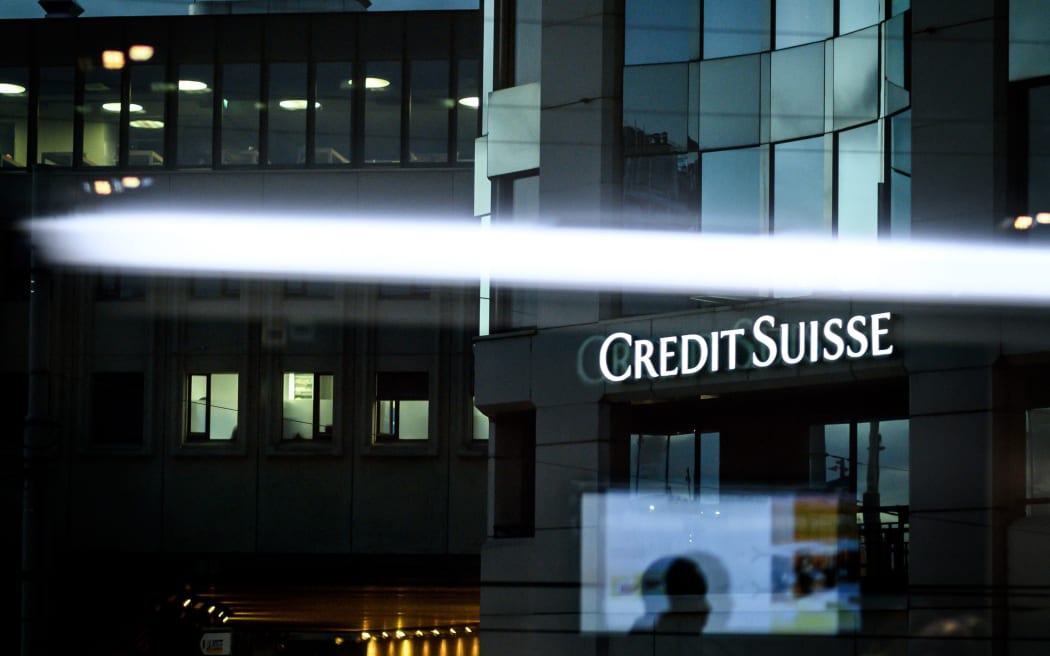Personal emails apparently with coded language were used by the accused - including Kiwi investment banker Andrew Pearse - in a case of $US2 billion international fraud that could bankrupt Mozambique.

The logo of Swiss banking group Credit Suisse in Geneva. Photo: AFP / Fabrice Coffrini
Three former Credit Suisse bankers - including Mr Pearse, Surjan Singh and Detelina Subeva - have been arrested in London and released on bail pending extradition to the US.
Mozambique's former finance minister Manuel Chang was also arrested this week in South Africa, while the lead salesman for Abu Dhabi-based holding company Privinvest, Jean Boustani, was arrested in New York and refused bail.
According to an indictment filed in New York's Eastern District Court last month, the bankers are accused of conspiracy to borrow the $2bn from the Mozambique government between 2013 and 2016, with loans channelled through Privinvest.
Only a portion of the loans, ostensibly to pay for maritime projects to benefit the impoverished African nation and its people, actually went towards any maritime projects with about $300m in proceeds going towards bribes and kickbacks, the indictment said.
It said a proposal to create a tuna fishing fleet was just a front to get the bankers and corrupt government officials paid. Mr Pearse, a New Zealander, is accused of siphoning over $US45m for himself through the scam.
The defendants used their personal email accounts to communicate as one of the ways they tried to circumvent their employer's internal controls.
In one exchange, Mr Boustani is said to be discussing paying a $US50m bribe to government officials.
"Fine brother. I have consulted and please put 50 million chickens. Whatever numbers you have on your poultry I will add 50 million of my breed," the email said.
Debt cancellation activists welcomed the arrests, but criticised British authorities for not taking a leading role.
"It is scandalous that it has required action from the US authorities for this investigation and arrests to be made in London," said Tim Jones, a policy officer at the British-based Jubilee Debt Campaign.
"It was the London branches of Credit Suisse and VTB which lent the $US2 billion, yet there has been a shocking lack of action taken by UK authorities in holding them to account."
Britain's finance industry watchdog, the Financial Conduct Authority (FCA), started looking at Credit Suisse's involvement in Mozambique in 2016. The FCA declined to comment on the latest events.
Mr Jones also urged Credit Suisse to face up to its own responsibility.
Credit Suisse said in a statement that the bank would continue to co-operate with authorities.
"The indictment alleges that the former employees worked to defeat the bank's internal controls, acted out of a motive of personal profit, and sought to hide these activities from the bank."
Lawyers for the accused are yet to make any comment.
Mozambique - one of the most indebted countries in the world - admitted in 2016 to undisclosed lending, prompting the International Monetary Fund and foreign donors to cut off support, triggering a currency collapse and a default on its sovereign debt. It is still struggling to overcome the resulting debt crisis.
- additional reporting by Reuters


